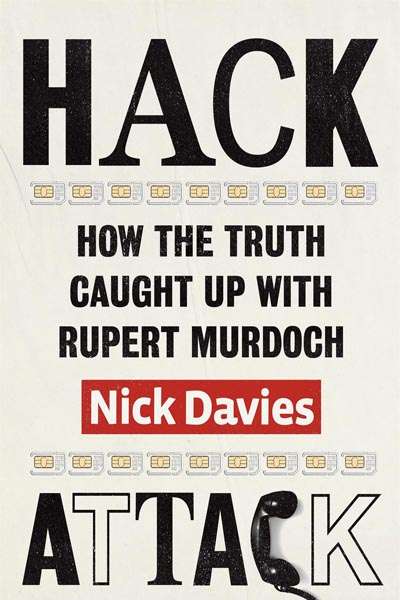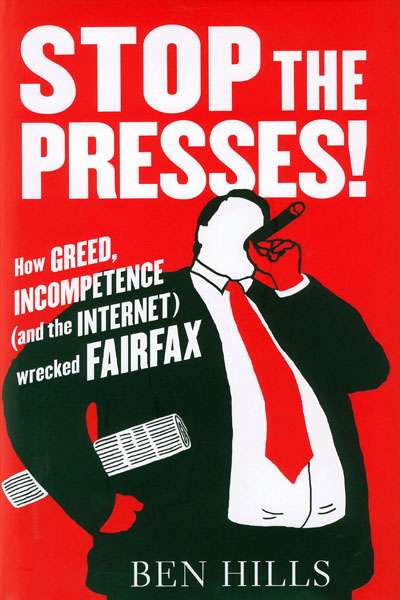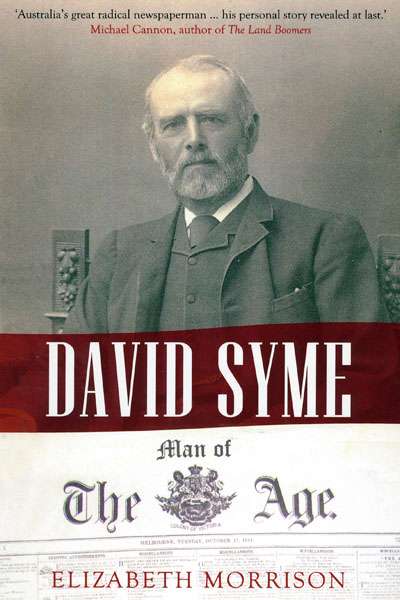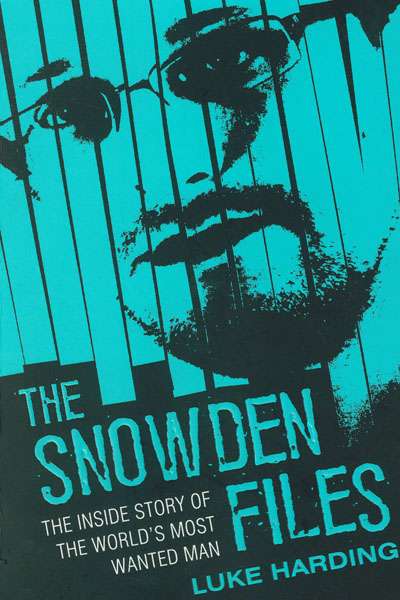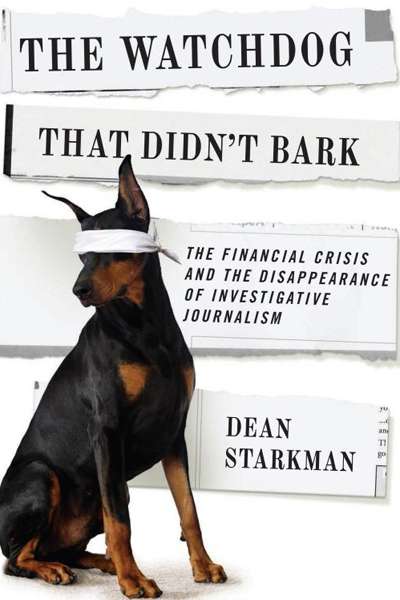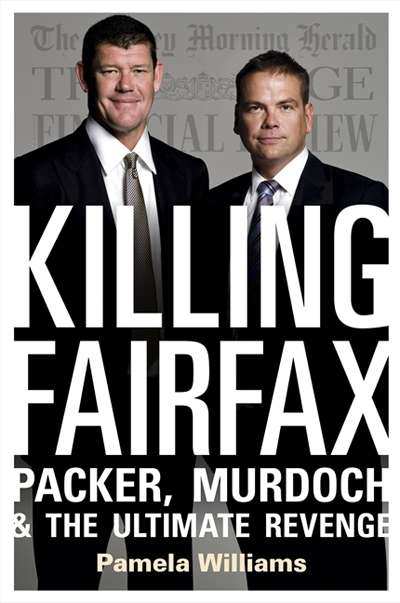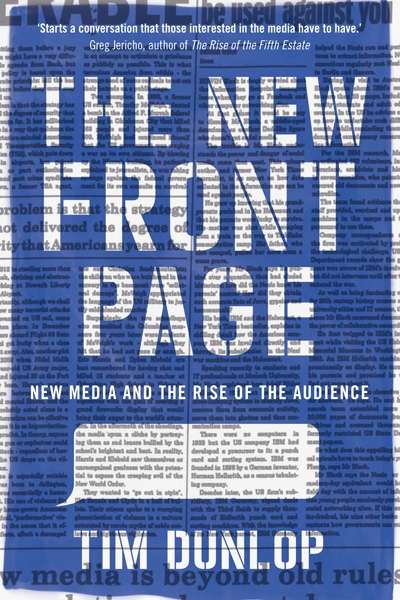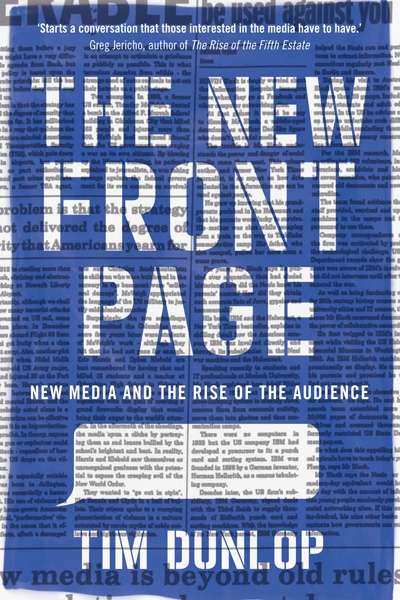Media
Hack Attack by Nick Davies & Beyond Contempt by Peter Jukes
by Rodney Tiffen •
The Snowden Files by Luke Harding & No Place to Hide by Glenn Greenwald
by James Der Derian •
The Watchdog That Didn’t Bark: The Financial Crisis and the Disappearance of Investigative Journalism by Dean Starkman
by Gideon Haigh •
Mary Cunnane, who has worked in the publishing industry since 1976, laments the laziness and irritation of those publishers who resent and underestimate unsolicited submissions from authors
... (read more)Killing Fairfax by Pamela Williams & Rupert Murdoch by David McKnight
by Jan McGuinness •
When I was a teenager, I attended a theatre workshop organised by Australian Theatre for Young People. Nick Enright, who led the workshop, told a story about seeing the opening-night production of David Williamson’s The Removalists (1971) from backstage. Twenty years on, Enright’s description of the look on the audience’s faces as they contemplated the ...
The New Front Page: New Media and the Rise of the Audience by Tim Dunlop
by Gillian Terzis •

